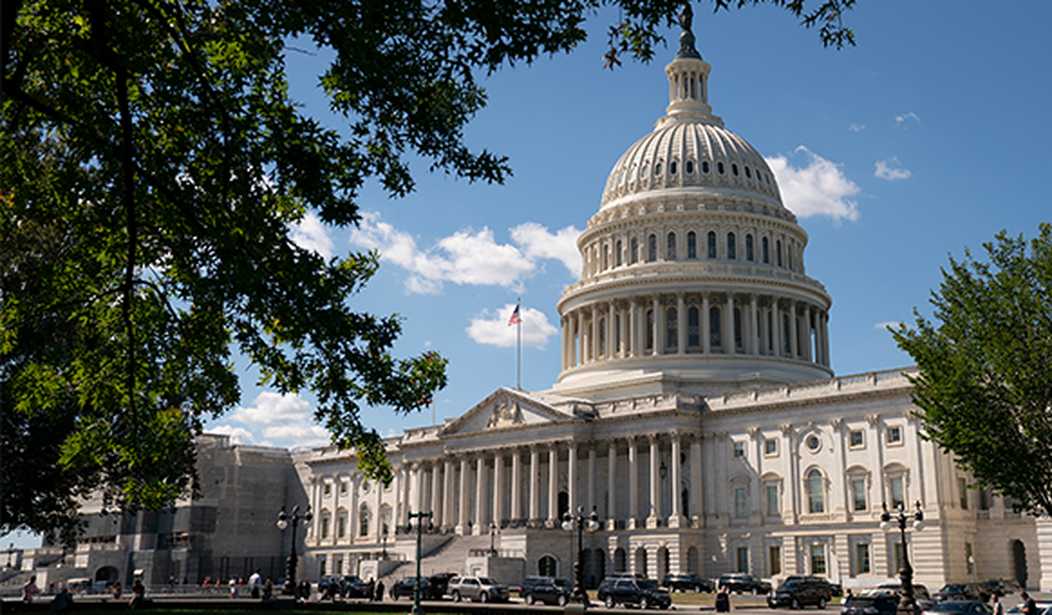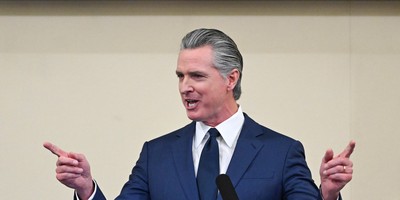The Universal Service Fund (USF) started out in the early 20th Century as a federal tax on interstate long distance telephone carriers to subsidize telephone service to low-income households and rural areas that had limited access to phone service. By the end of the 20th Century, the USF’s goal of “universal service” had been achieved — virtually every home and business in America had access to telephone services.
The Telecommunications Act of 1996 expanded the USF’s purpose beyond telephone access and added broadband services. This mission creep has resulted in sharply higher taxes that are ultimately paid by consumers. As of this year, the USF taxes exceed 26%. The practical effect is that consumers are paying more than one-fourth more for their phone and data services. But the tech giants — who pay nothing into the USF — are the asymmetrical beneficiaries of this tax. In other words, we are heavily and regressively taxing the “little guy” to disproportionately benefit tech giants that are worth billions.
At this point, it would make sense to evaluate how the USF works and what the rates should be and who should be paying into the fund. When the USF was first established only long distance telephone service providers paid into the fund. Today, even though the mission and scope of the USF has expanded substantially, the paying participants have not expanded proportionately. For example, today, people browse the web, upload photos, download movies, game, stream, send email, back-up important data, etc. Yet, the companies that do most of that are not paying into the USF. It is only the voice and data providers, not the firms that have built their entire business on the need for data services and broadband.
Recommended
We should consider broadening the tax base and lowering the tax rate. If we believe the goals of the USF are worthwhile, then there is no reason to ask only a very small segment of the broadband economy to collect a very high tax from consumers — while exempting the tech giants whose entire business model requires near universal access to broadband. But even if broadening the base and lowering rates isn’t your cup of tea, it really isn’t a sustainable model for the USF to continue on its current trajectory.
I’m not the only one pointing out that this isn’t sustainable. In 2011 — a decade ago — the Congressional Research Service concluded that “there is a growing consensus among policy makers, including some in Congress, that significant action is needed … to ensure the viability and stability of the USF.”
The USF fee is currently structured as essentially a tax on consumers while allowing large tech giants off the hook — even though it is these entities who largely benefit from the fruits of more Internet users having access. Disadvantaging consumers and broadband providers who can’t escape the fees (AKA taxes) create an unfair and counterproductive market distortion. By reforming the USF contribution, the US can right size this approach to properly ensure broadband expansion while having a more holistic contribution approach.
The USF tax has been creeping upwards for some time. To be blunt it is a slow motion disaster in the works. But it isn’t getting the attention it needs. It is particularly troubling because while we have the USF whose purpose is to provide universal access, we also have calls for literally billions and billions of dollars to be spent in the “infrastructure bill” to create government run broadband and to fund one approach to closing the digital divide. Thus, it would effectively lock us into only one very expensive solution and preclude future innovation. The history of this effort is an abject failure. It’s been tried many times and has proven to be costly, inefficient, and to drive out private investment which provides a sustainable future filled with innovation.
It makes no sense to continue with very high taxes on broadband to promote universal coverage and then also waste billions more to create what will undoubtedly be inefficient and become quickly outdated and then there will be new calls for more federal spending (or as they like to call it - “investment”). But it promises to provide a very poor return.
Whatever Congress and the Federal Communications Commission (FCC) does, they must put in place rules of the road that encourage and reward innovation and private investment. Imposing cumbersome command and control mechanisms, taxes and regulations will simply force consumers to pay higher costs, and accept sub-par service, and slow innovation.
Getting this right matters. America must remain the world’s leading innovator! The question is — will big government regulations and taxes get in the way, or will reforms permit a thriving free market to find solutions through innovation and private investment?
























Join the conversation as a VIP Member